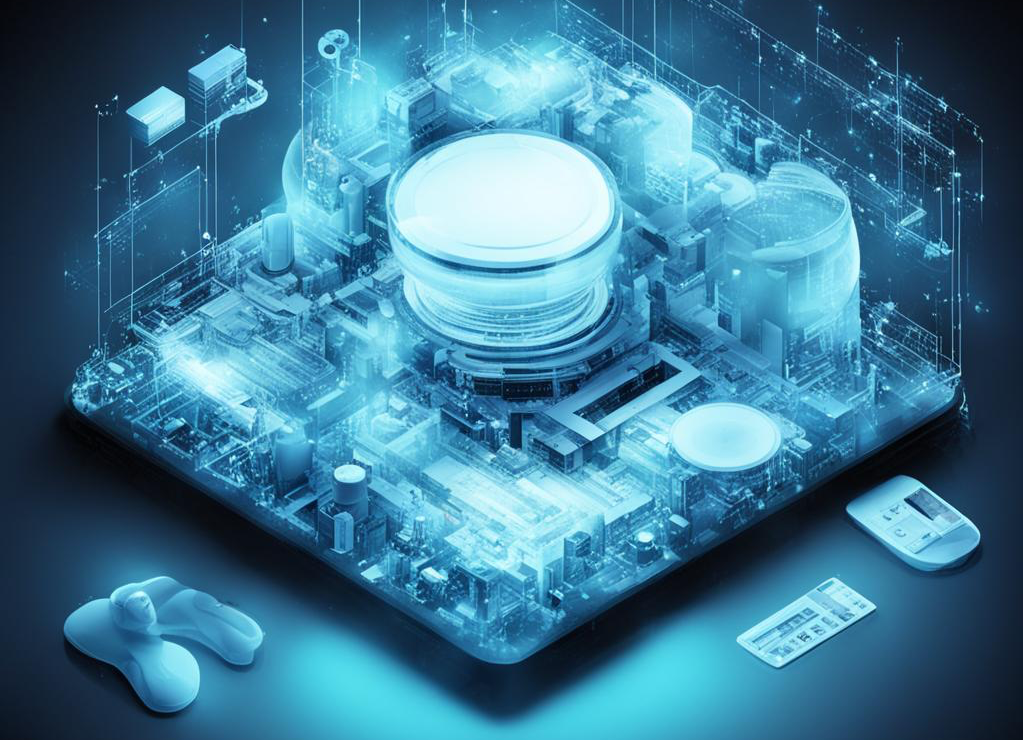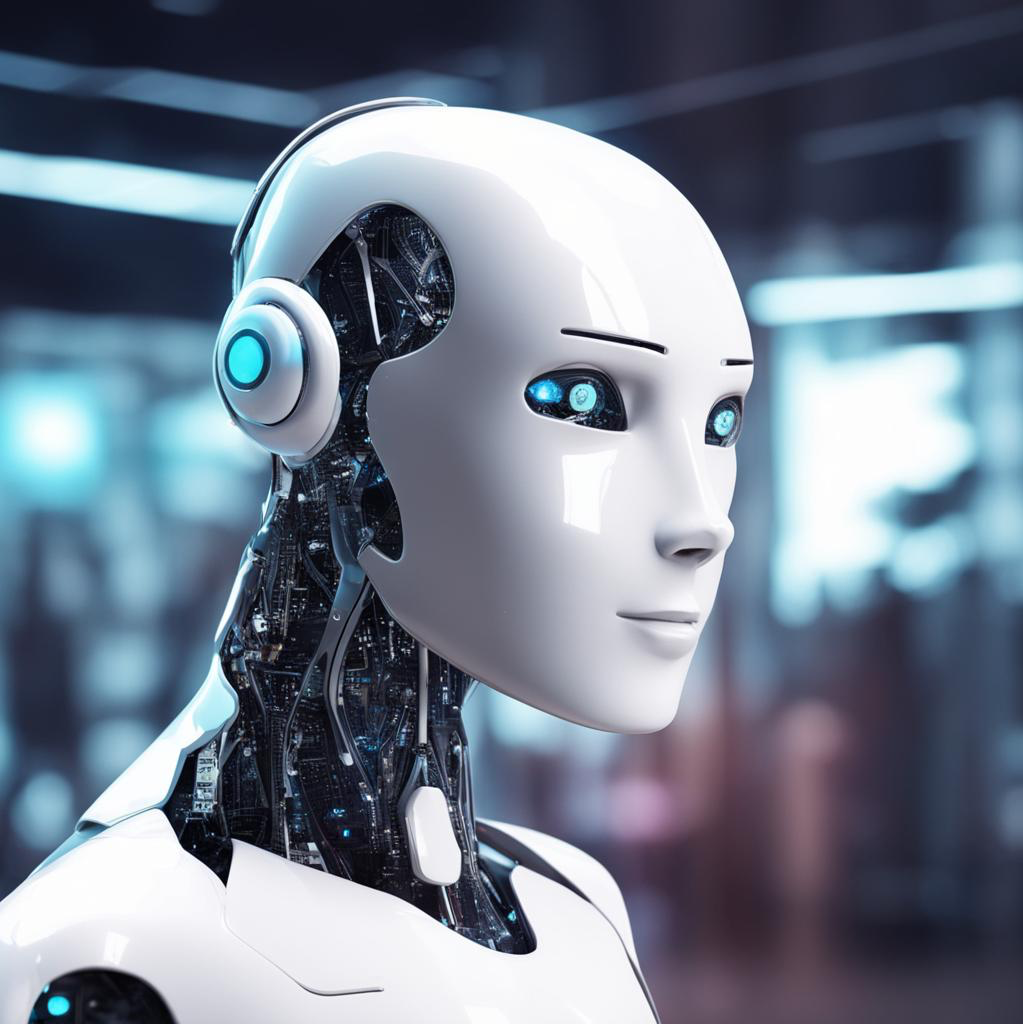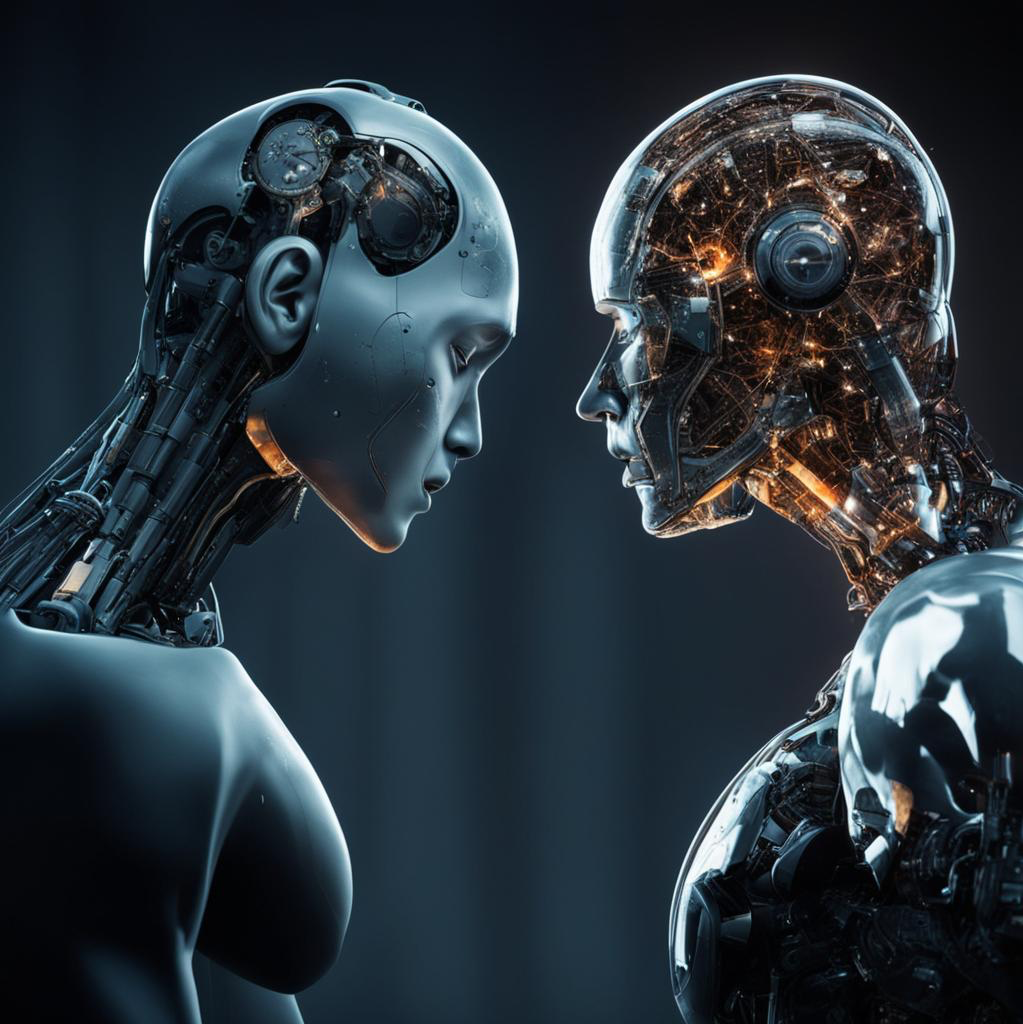
Welcome to the future of construction! In an industry known for its complexity and challenges, innovative solutions are emerging to revolutionize the way we build. One such game-changer is Artificial Intelligence (AI), which is transforming construction projects from planning to execution. With AI-powered tools and technologies, project managers can now tackle common hurdles with greater efficiency and effectiveness. From streamlining project scheduling to enhancing safety measures, AI has become a valuable ally in overcoming construction project challenges. So let’s delve into the world of AI-powered solutions and discover how they’re reshaping the landscape of modern construction!
Common Challenges in Construction Projects
Construction projects are complex endeavors that often face various challenges along the way. One common challenge is the management of project timelines and deadlines. With multiple tasks, subcontractors, and materials to coordinate, it can be difficult to ensure that everything stays on track.
Another challenge is managing costs and budgets effectively. Construction projects can quickly become expensive if not carefully monitored and controlled. Unexpected expenses or changes in scope can easily derail a budget if proper measures are not in place.
Quality control is another significant challenge for construction projects. Ensuring that work meets industry standards and specifications requires constant monitoring and attention to detail.
Safety is also a top concern in construction projects. The nature of construction work comes with inherent risks, so implementing robust safety protocols is essential to protect workers and prevent accidents.
Communication among project stakeholders can be challenging due to the complexity of construction projects involving numerous parties such as architects, engineers, contractors, subcontractors, suppliers, and clients. Coordinating communication efforts becomes crucial for effective collaboration.
Efficient resource allocation is yet another challenge faced by construction projects. Properly managing labor, equipment availability, and material inventory can help avoid delays or shortages during critical project phases.
By acknowledging these common challenges in construction projects upfront, stakeholders can proactively seek AI-powered solutions that address each issue head-on.

AI Solutions for Project Planning and Scheduling
When it comes to construction projects, effective planning and scheduling are crucial for success. However, traditional methods can be time-consuming and prone to errors. This is where AI-powered solutions come in.
With AI technology, project managers can streamline the planning process by automating tasks such as resource allocation, material procurement, and task sequencing. Machine learning algorithms can analyze historical data from previous projects to optimize schedules based on factors like weather conditions or availability of equipment.
AI systems can also help identify potential bottlenecks or conflicts early on, allowing teams to make necessary adjustments proactively. Real-time monitoring of project progress enables managers to track performance against timelines and adjust schedules if needed.
AI platforms equipped with natural language processing capabilities enable seamless communication between stakeholders by automatically generating reports or sending notifications about schedule updates. This ensures that everyone involved stays informed and aligned throughout the project lifecycle.
By leveraging AI solutions for project planning and scheduling, construction companies can improve efficiency, reduce costs, mitigate risks, and ultimately deliver projects on time – an essential factor in maintaining client satisfaction.
The integration of AI into construction project planning offers significant benefits by automating processes that were previously manual-intensive while providing real-time insights for better decision-making. As technology continues to advance in this field, we can expect even more sophisticated AI tools tailored specifically for the unique challenges faced by the construction industry.
Using AI for Risk Management and Safety
AI has revolutionized various industries, and the construction sector is no exception. One area where AI proves to be particularly beneficial is risk management and safety. By leveraging AI-powered solutions, construction companies can mitigate potential risks and create safer work environments for their employees.
One way AI contributes to risk management is through predictive analytics. By analyzing historical data, AI algorithms can identify patterns and predict potential hazards or accidents on construction sites. This allows project managers to take proactive measures to prevent incidents before they occur.
AI also plays a crucial role in monitoring worker safety. With the help of sensors and wearable devices, AI systems can track workers’ movements, detect unsafe conditions such as excessive noise levels or hazardous gases, and alert them in real-time. This not only enhances safety but also enables immediate response in case of emergencies.
AI-powered drones equipped with cameras can conduct site inspections more efficiently than human inspectors. These drones capture high-resolution images and videos that are then analyzed by AI algorithms to identify structural weaknesses or other safety concerns that may go unnoticed by manual inspections.
Another aspect where AI contributes to risk management is through automated compliance monitoring. Construction projects involve compliance with numerous regulations, codes, and standards which can be challenging to keep up with manually. However, with AI technology, these processes can be automated, ensuring that all necessary requirements are met throughout the project’s lifecycle.
Enhancing Quality Control with AI
Quality control is a crucial aspect of any construction project, ensuring that the end result meets the highest standards. However, traditional quality control processes can be time-consuming and prone to human error. This is where AI-powered solutions come into play, revolutionizing how we approach quality control in construction.
With AI technology, it becomes possible to automate various aspects of quality control. For example, image recognition algorithms can analyze images captured on-site to identify defects or inconsistencies in materials or structures. This eliminates the need for manual inspections and speeds up the identification process.
AI can also help in monitoring and analyzing data collected from sensors placed throughout the construction site. By continuously monitoring parameters such as temperature, humidity, and structural vibrations, potential issues can be detected early on and addressed promptly.
Machine learning algorithms can analyze historical data from previous projects to identify patterns and predict potential quality issues. This proactive approach allows for preventive measures to be taken before problems escalate.
Another area where AI excels in enhancing quality control is through real-time monitoring during construction activities. For instance, computer vision technology combined with video analytics can detect deviations from design plans or safety regulations instantly.
In addition to these benefits, AI-powered solutions facilitate collaboration between different stakeholders involved in quality control processes by providing a centralized platform where information can be shared easily and efficiently.
While there are undeniable advantages to using AI for enhancing quality control in construction projects, it’s important not to overlook some challenges and limitations associated with its implementation. These include initial setup costs, integration complexities with existing systems or workflows, data privacy concerns related to collecting sensitive information on-site among others.
Implementing AI in Project Communication and Collaboration
Implementing AI in project communication and collaboration has the potential to revolutionize the construction industry. With its ability to process vast amounts of data, AI can streamline communication channels, enhance collaboration efforts, and improve overall project efficiency.
One way AI can be utilized is through natural language processing (NLP) technologies. This enables construction professionals to communicate with AI-powered chatbots or virtual assistants, reducing the need for tedious manual input and allowing for quicker access to information. These intelligent systems can provide instant answers to frequently asked questions or even assist with complex problem-solving scenarios.
AI algorithms can also analyze patterns in communication data, such as emails, messages, and meeting notes, providing valuable insights into team dynamics and potential bottlenecks. By identifying these issues early on, project managers can take proactive measures to address them before they hinder progress.
AI-powered tools can facilitate real-time collaboration by enabling teams located in different geographical locations to work seamlessly together. Virtual reality technology combined with AI allows project stakeholders to virtually walk through a construction site or review blueprints collectively from anywhere in the world.
Machine learning algorithms used in AI systems continuously learn from past projects’ communication data. This allows for improved prediction of potential conflicts or delays based on historical patterns. As a result, project managers are better equipped to make informed decisions regarding resource allocation and scheduling adjustments.
Challenges and Limitations of AI in Construction
While artificial intelligence (AI) has shown great promise in revolutionizing the construction industry, it is not without its challenges and limitations. One primary challenge is the lack of data standardization across different projects and stakeholders. Each construction project may have unique data formats, making it difficult for AI systems to process and analyze information effectively.
Another challenge lies in the complexity of construction processes. Construction projects are often intricate with numerous variables that can impact outcomes. AI algorithms may struggle to accurately predict these complex interactions, leading to potential errors or inaccuracies.
The implementation costs associated with adopting AI solutions can be a limitation for many companies. Developing and integrating AI technology into existing workflows requires significant investment in terms of time, resources, and expertise.
Data privacy concerns also arise when using AI in construction. As sensitive project information is collected and analyzed by AI systems, ensuring data security becomes crucial to protect against unauthorized access or breaches.
There is a need for skilled personnel who can understand and interpret the outputs generated by AI systems accurately. Without proper training or expertise, misinterpretation of results could lead to faulty decision-making or reliance on inaccurate predictions.
As with any emerging technology within an industry traditionally reliant on manual labor practices, there may be resistance or skepticism towards embracing AI fully.
It’s important to recognize these challenges and limitations while acknowledging the potential benefits that AI brings to construction projects. By addressing these obstacles head-on through collaboration among stakeholders including contractors, engineers,and technology providers- we can work towards harnessing the full power of artificial intelligence in transforming the future of construction.
Conclusion
AI-powered solutions have the potential to revolutionize the construction industry by addressing common challenges and improving project outcomes. From project planning and scheduling to risk management and safety, quality control, and communication and collaboration, AI can streamline processes, enhance efficiency, and mitigate risks.
It is important to acknowledge that there are still challenges and limitations associated with implementing AI in construction. The technology is constantly evolving, but there may be concerns about data privacy and security as well as the need for specialized training for workers to effectively utilize AI tools. Additionally, while AI can automate certain tasks and improve decision-making processes, human expertise will always be essential in complex construction projects.
Despite these challenges, the benefits of incorporating AI into construction projects cannot be ignored. It has the potential to optimize resource allocation, reduce costs through predictive maintenance practices, increase worker safety through real-time monitoring systems, minimize errors through automated quality control measures, and improve overall project efficiency.
As more companies embrace these innovative technologies and invest in research and development efforts within the field of artificial intelligence for construction purposes we can expect further advancements in this area. By leveraging intelligent algorithms and machine learning capabilities offered by AI solutions today’s builders have an opportunity not only achieve greater success today but also contribute towards a sustainable future.

